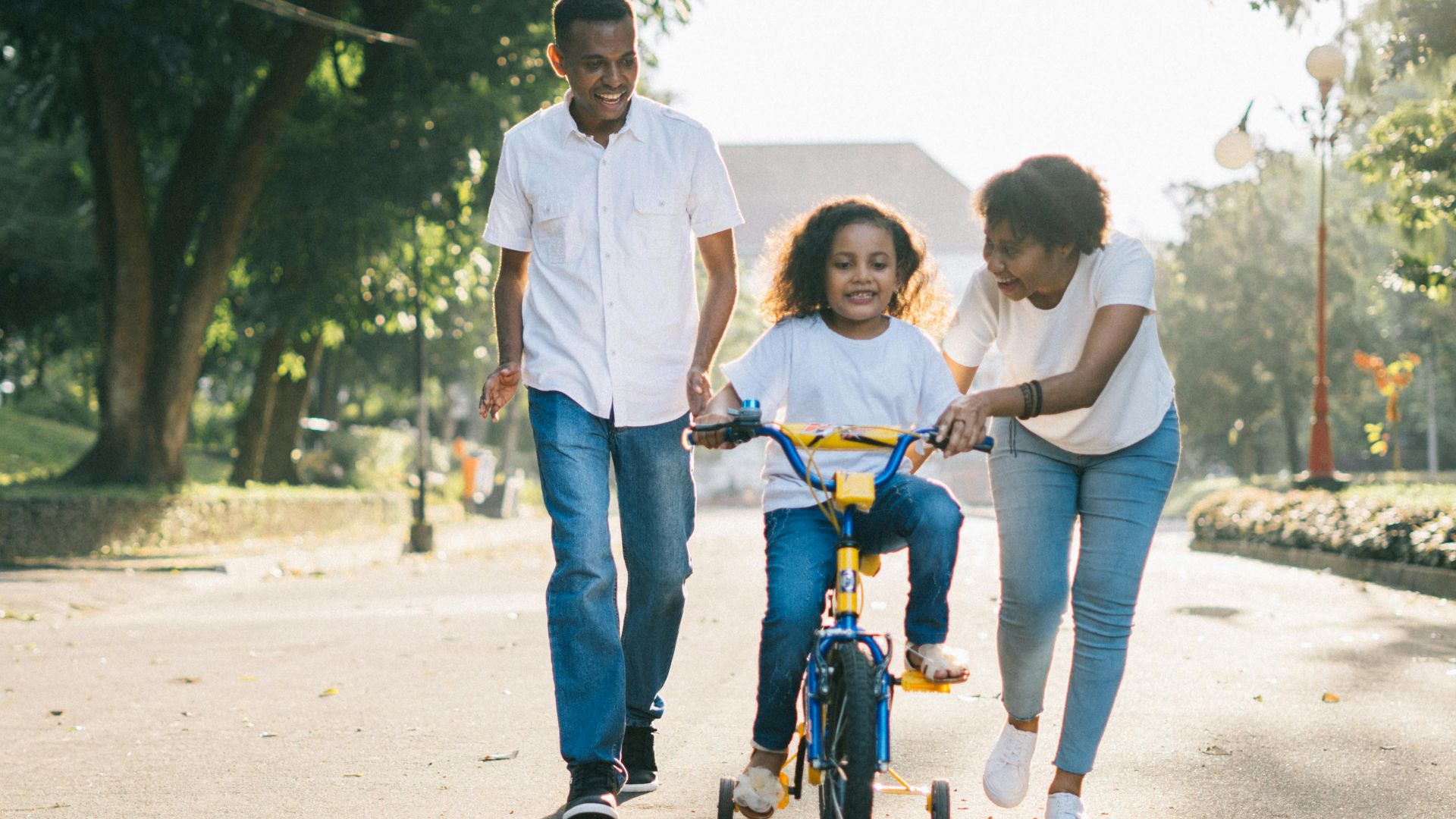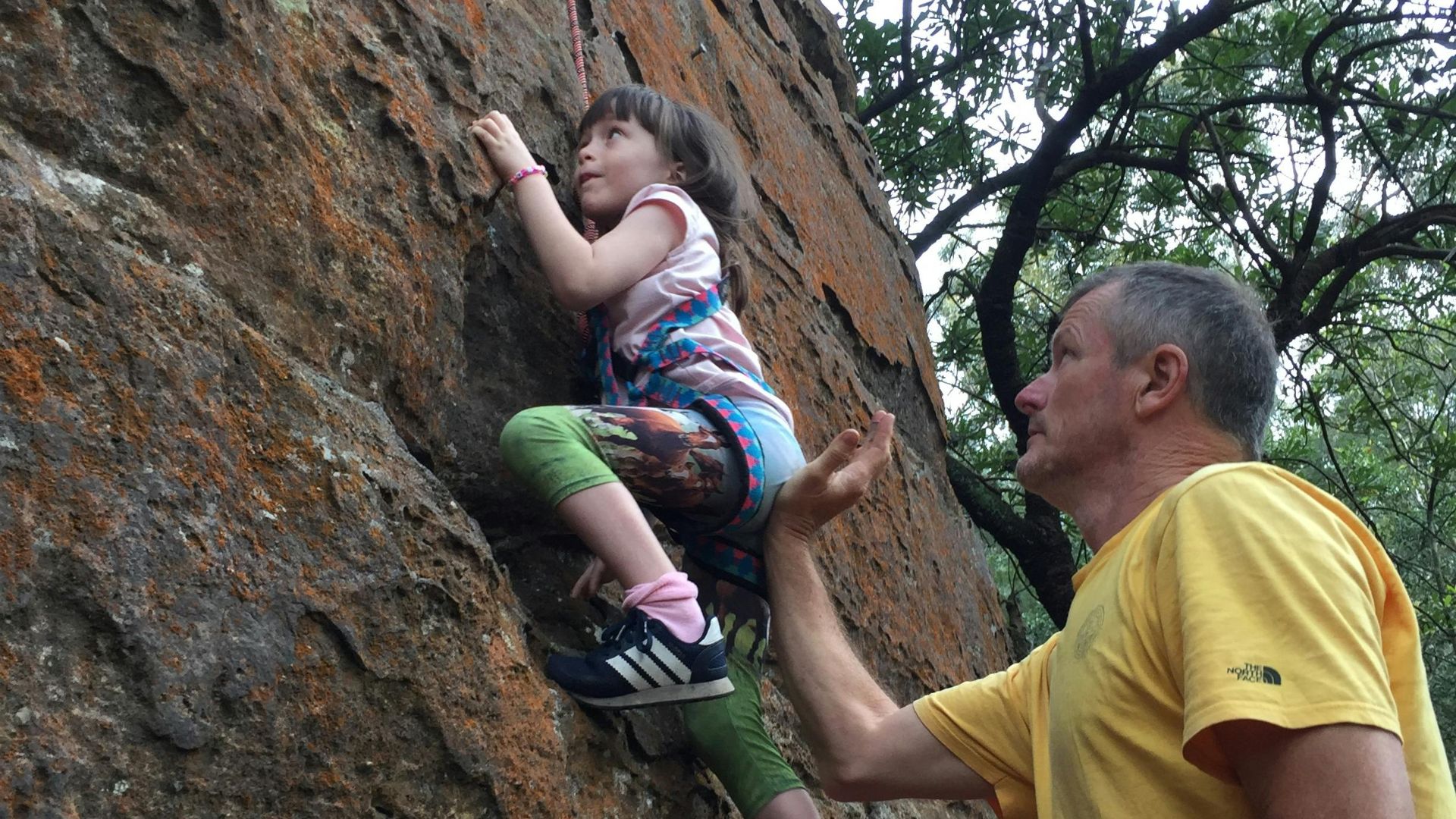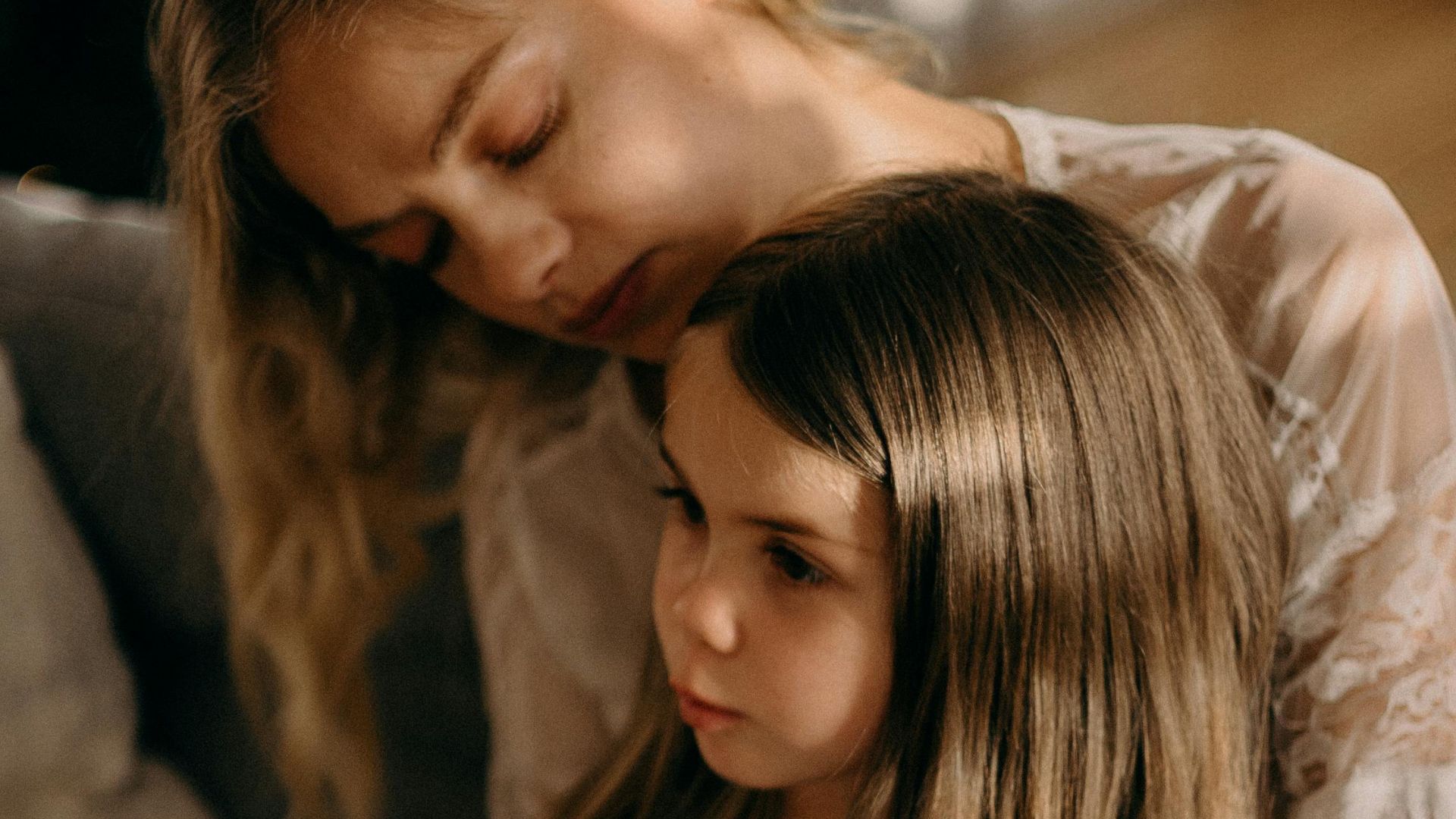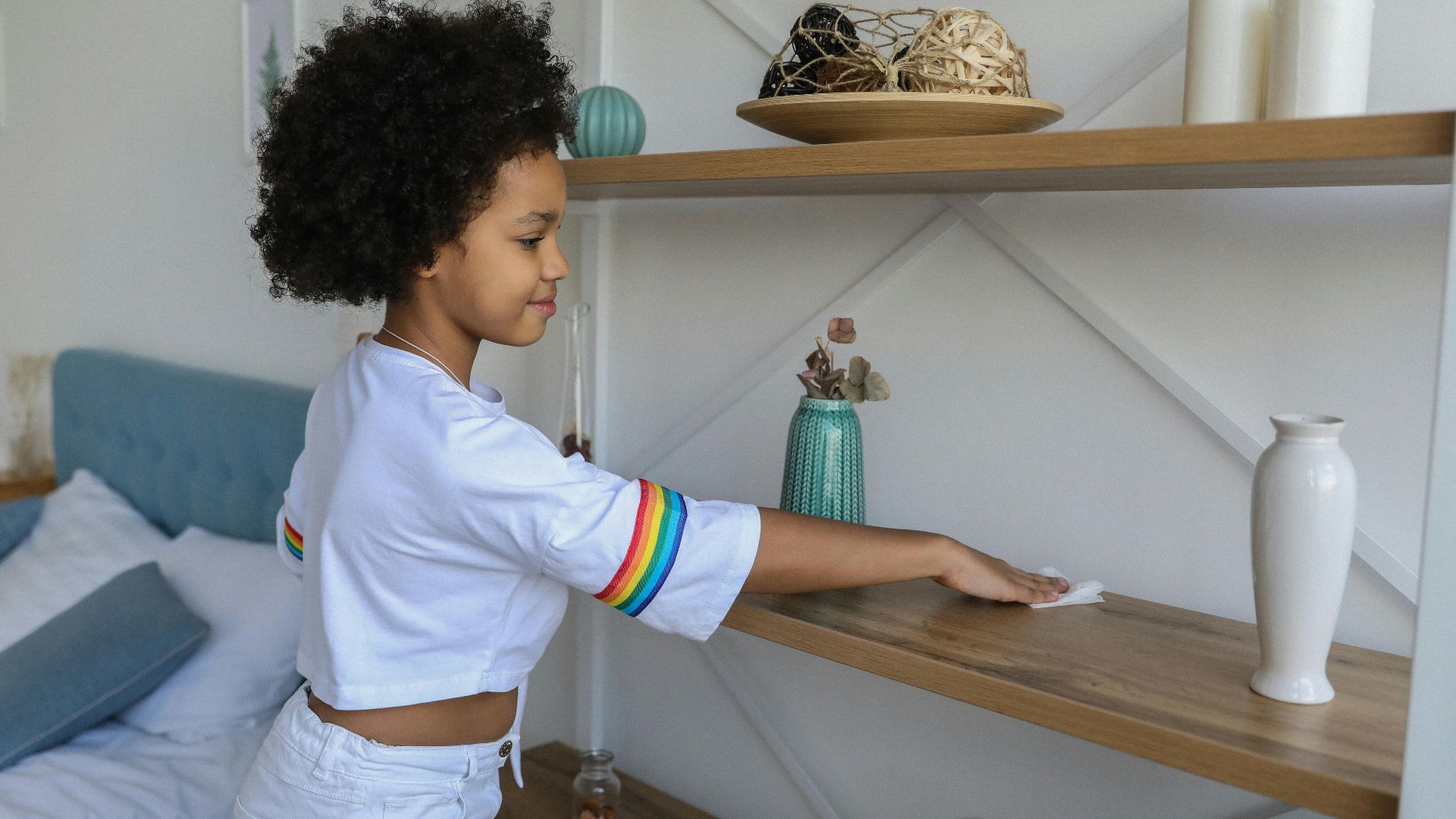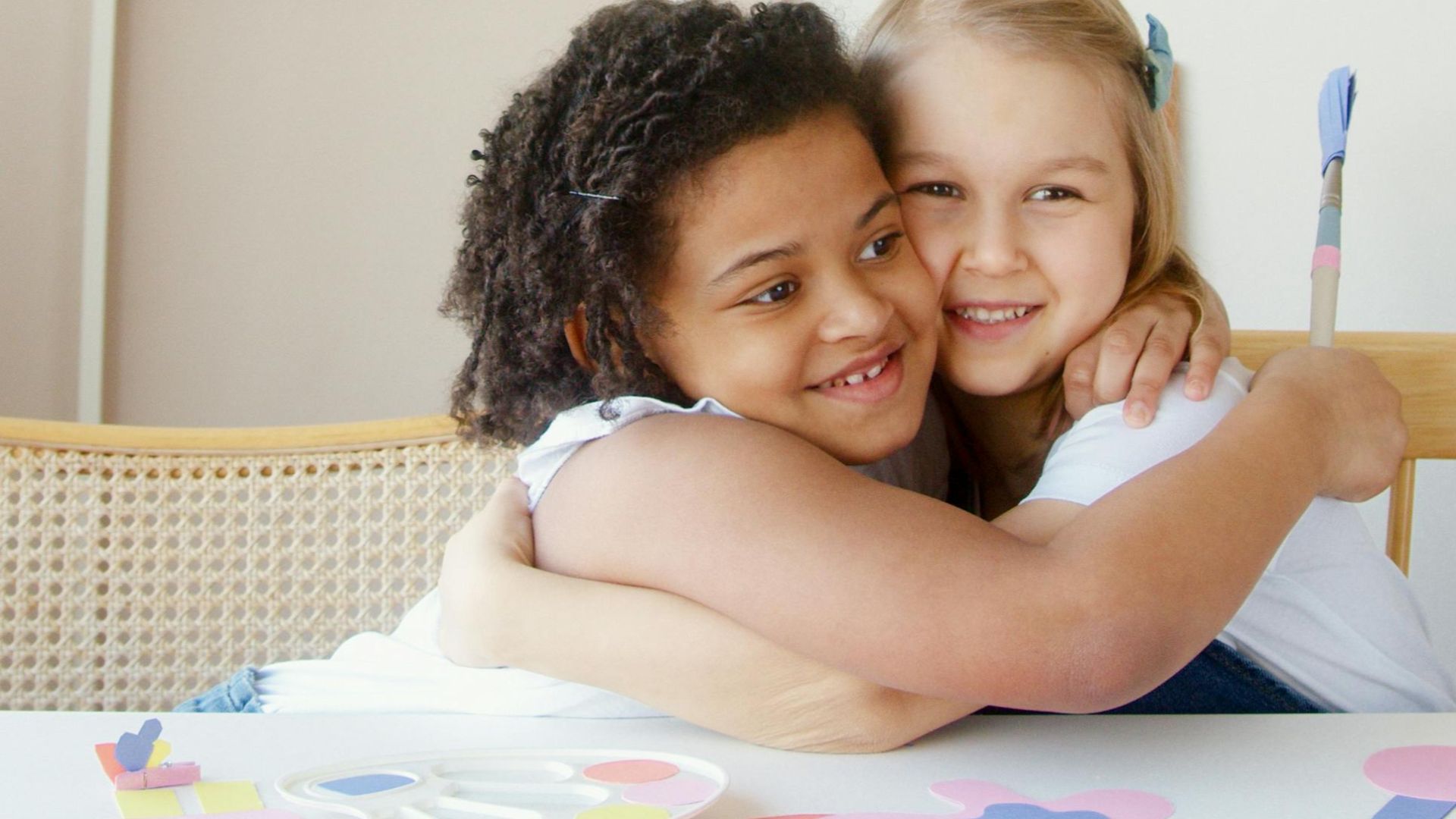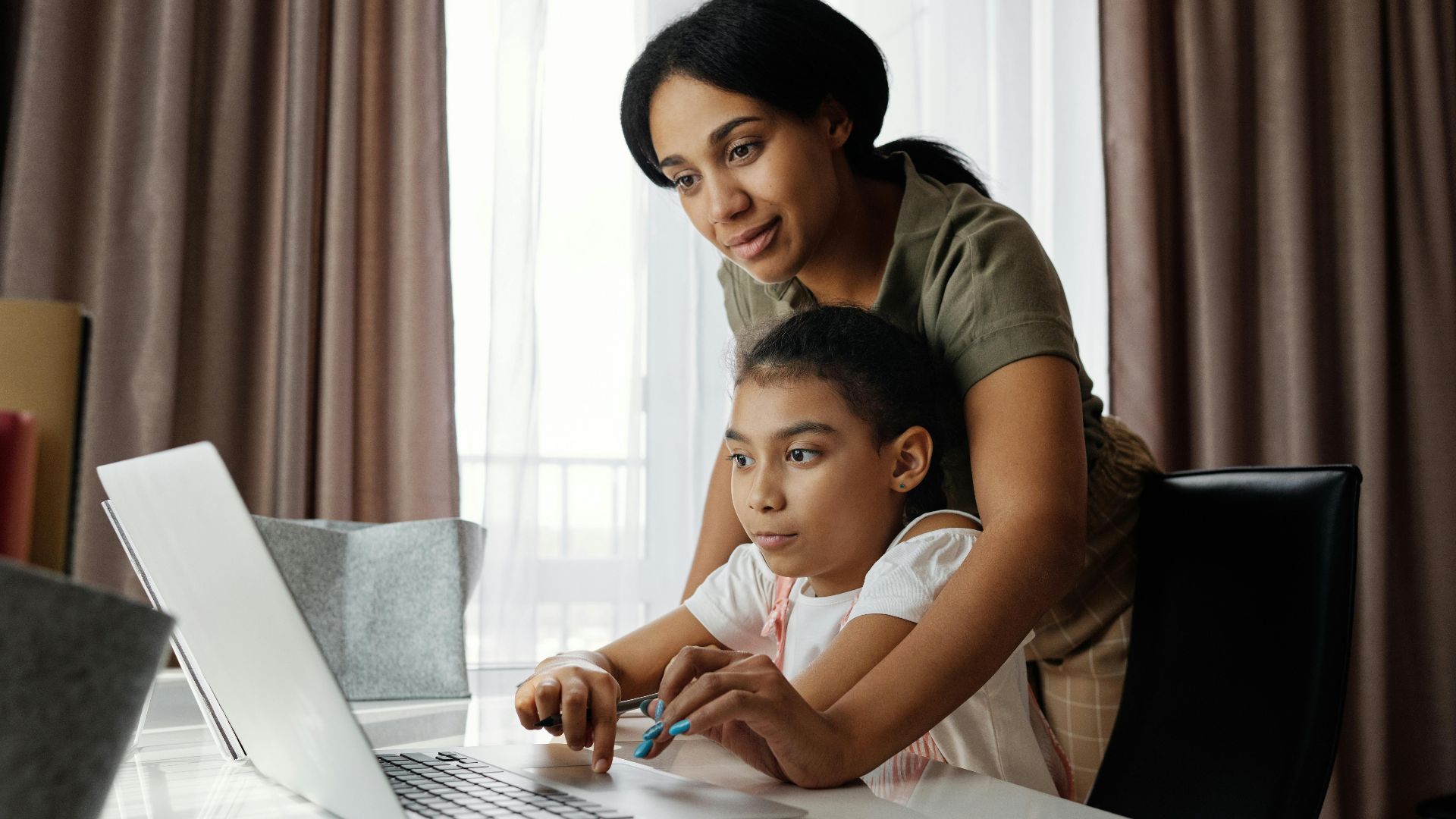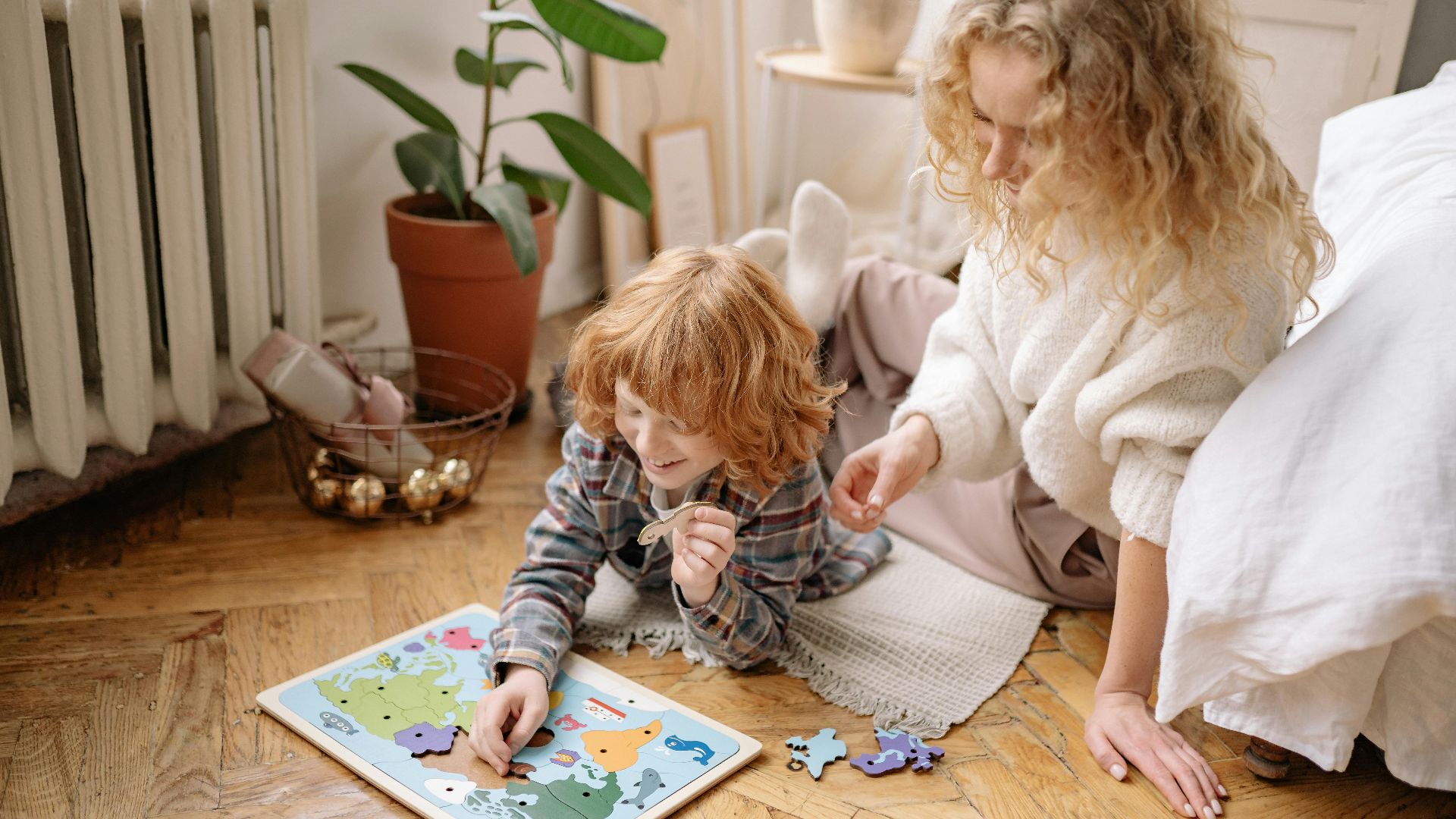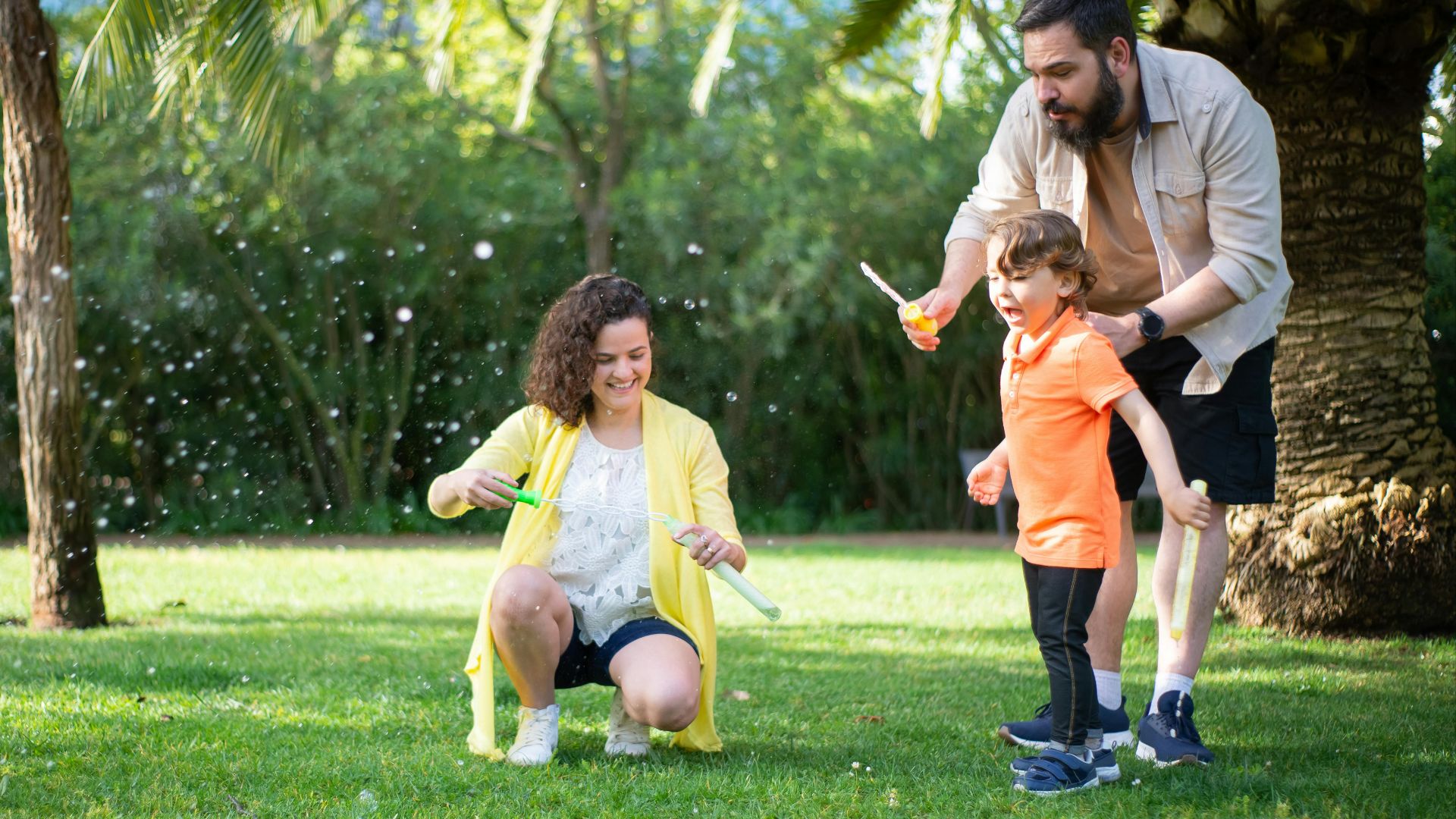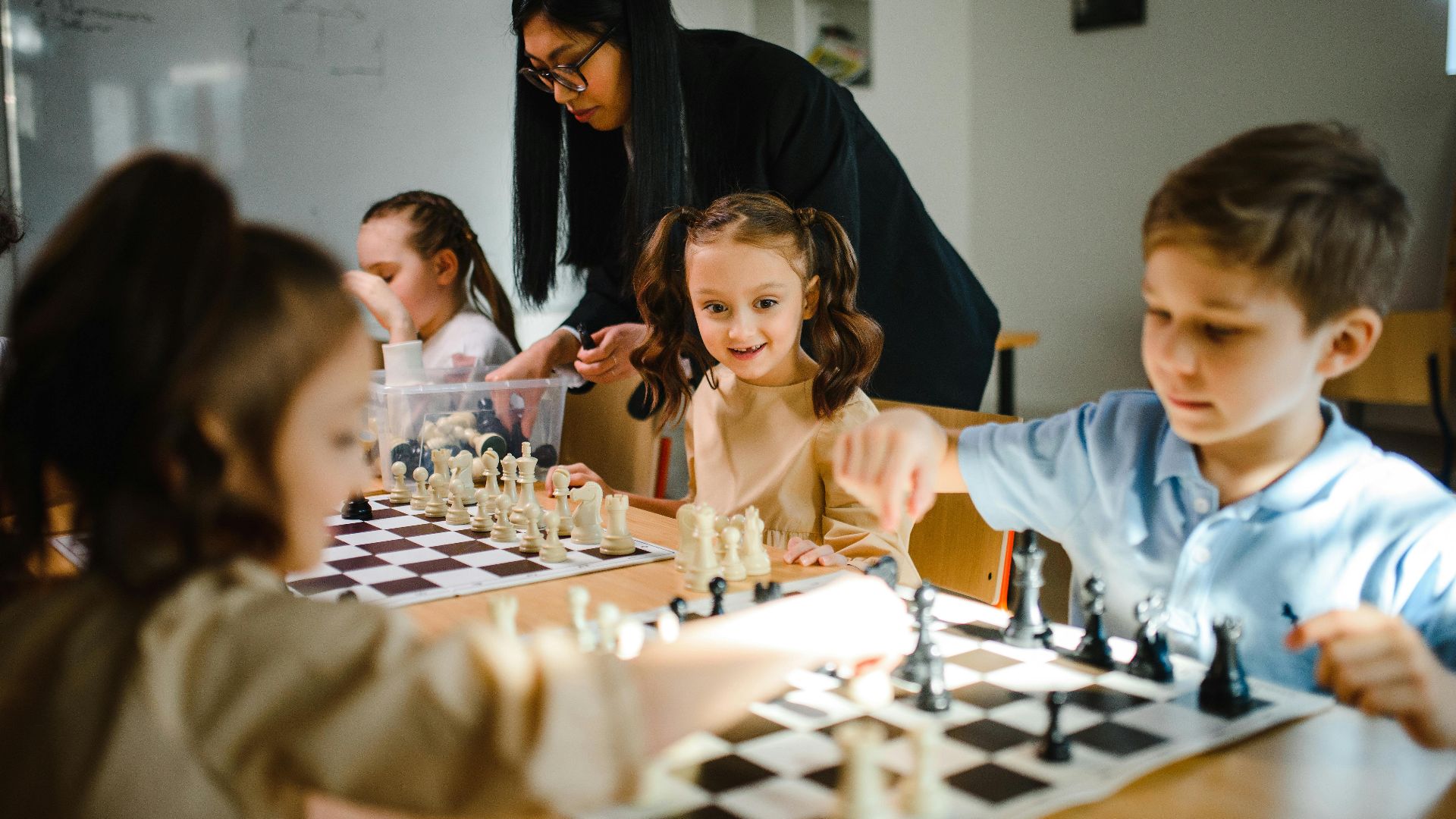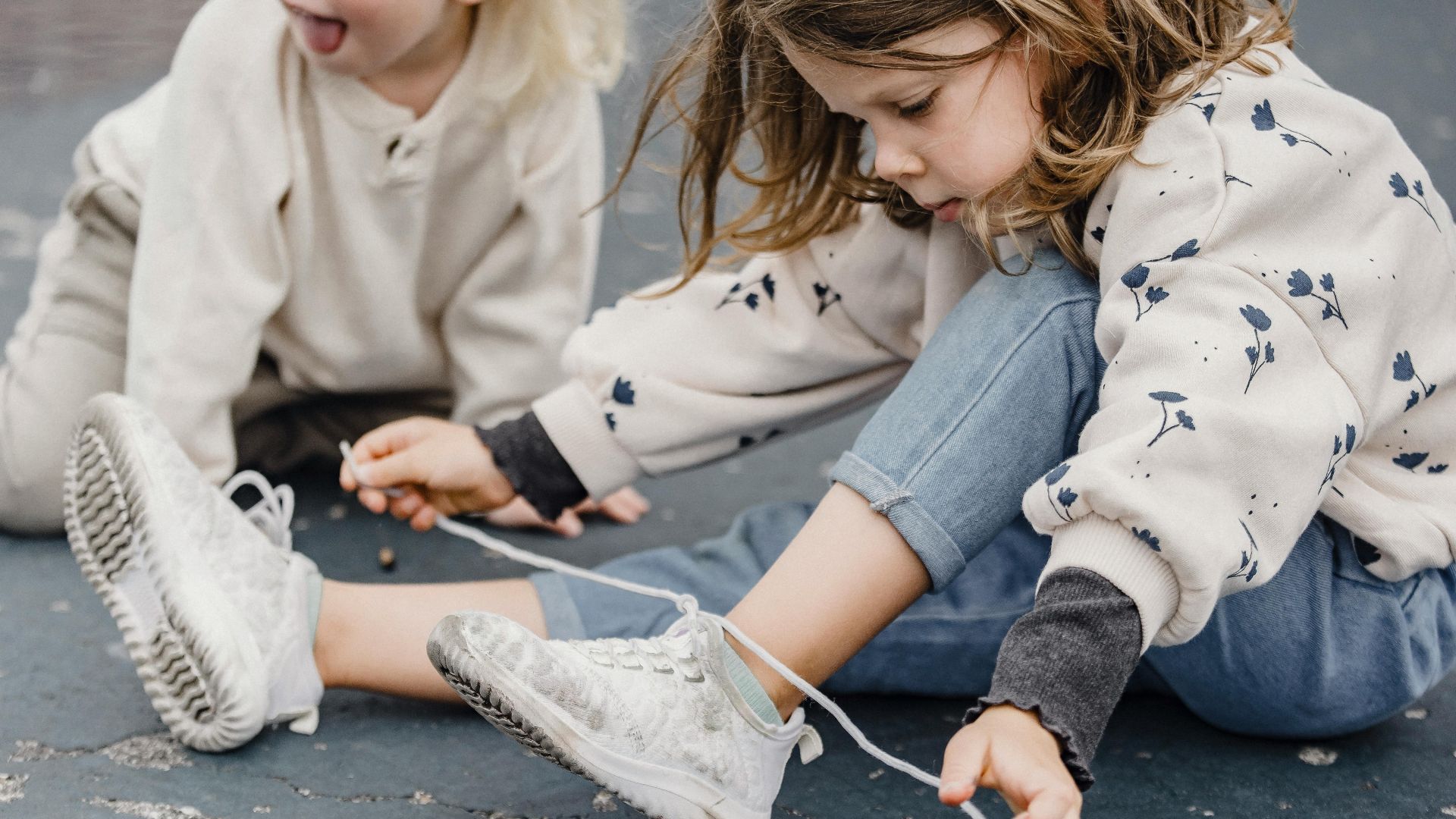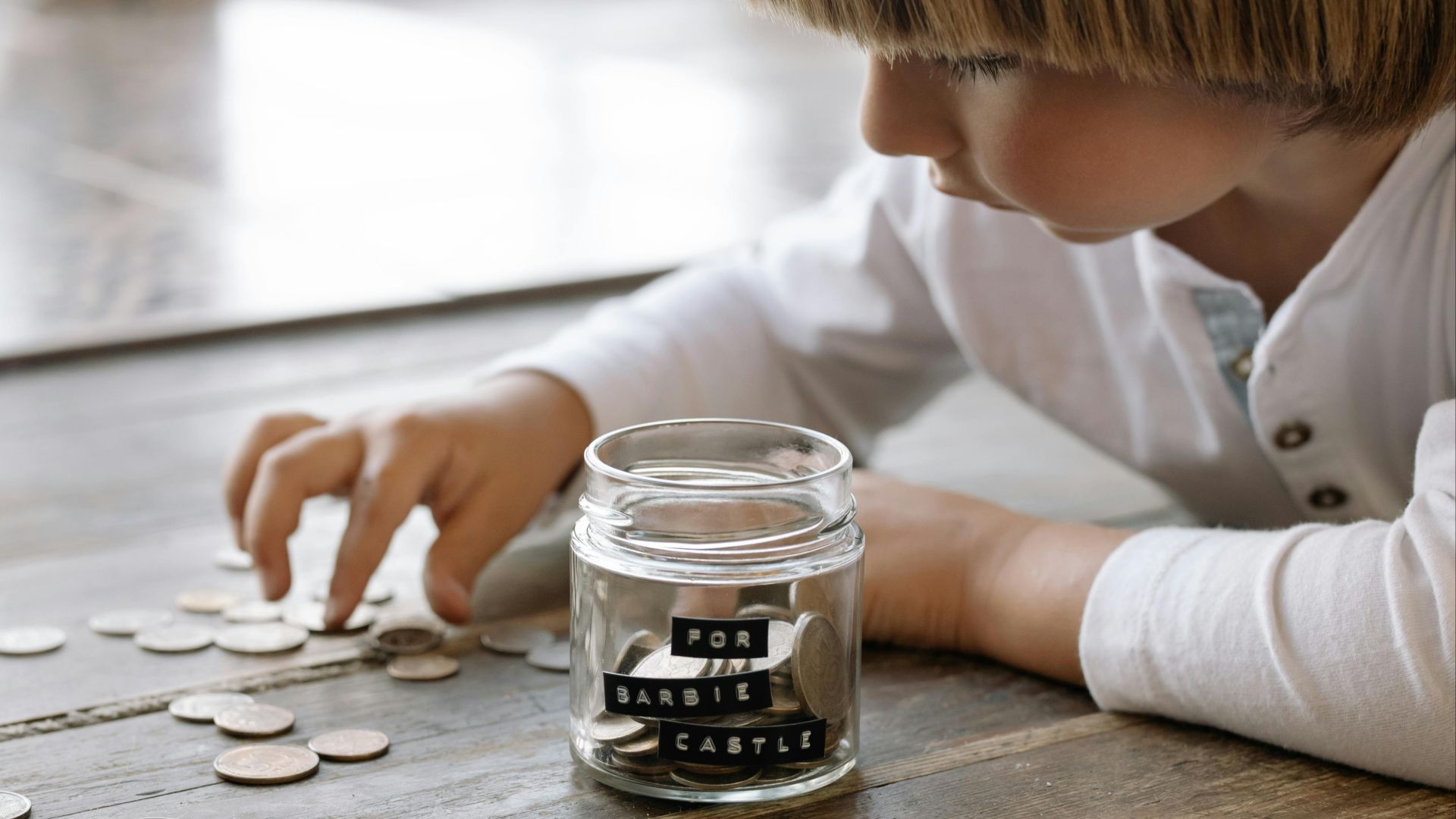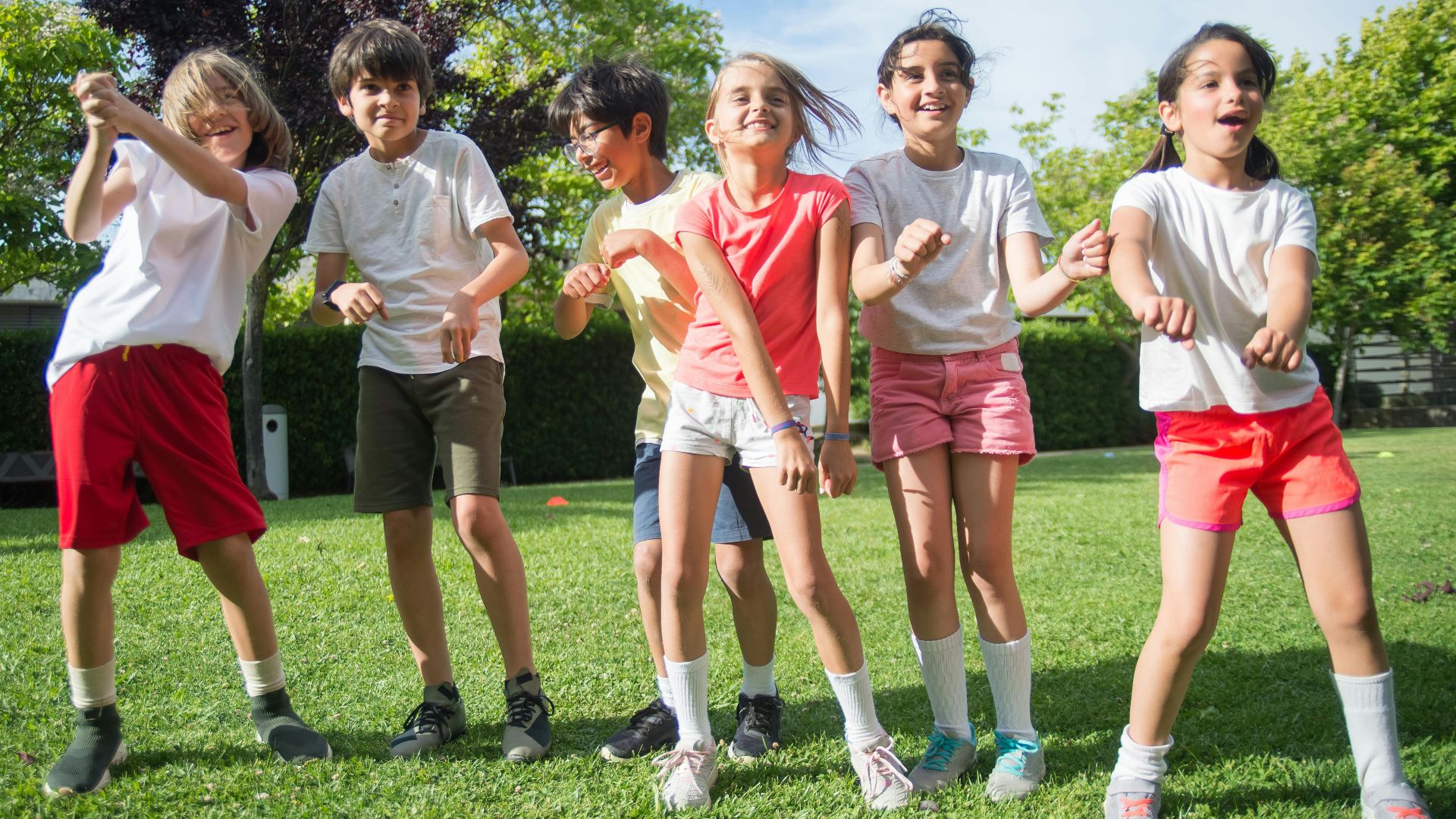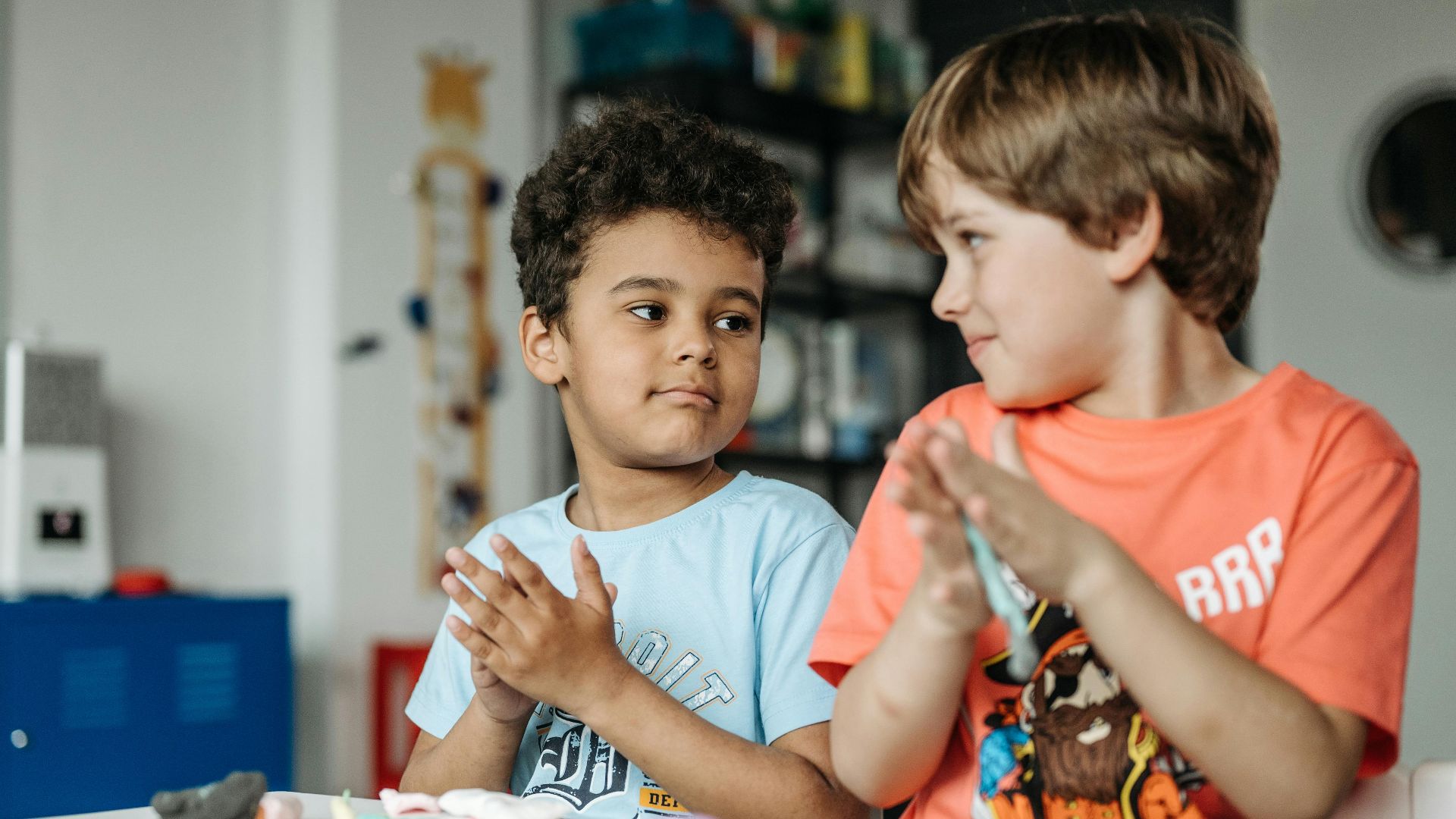Small Steps, Big Impact
Youngsters aren't born believing in themselves. They learn it through experiences, challenges, and the messages we send. Building unshakable confidence takes intention, not luck. So, if you want to raise a child who faces life's obstacles with courage, here are 20 practical ways to follow.
1. Praise Effort, Not Just Results
Kids prosper when we celebrate their journey, not just their destination. When you notice your child struggling with a puzzle but persisting, that's your golden opportunity. "You worked so hard on that puzzle!" creates resilient children who view challenges as opportunities.
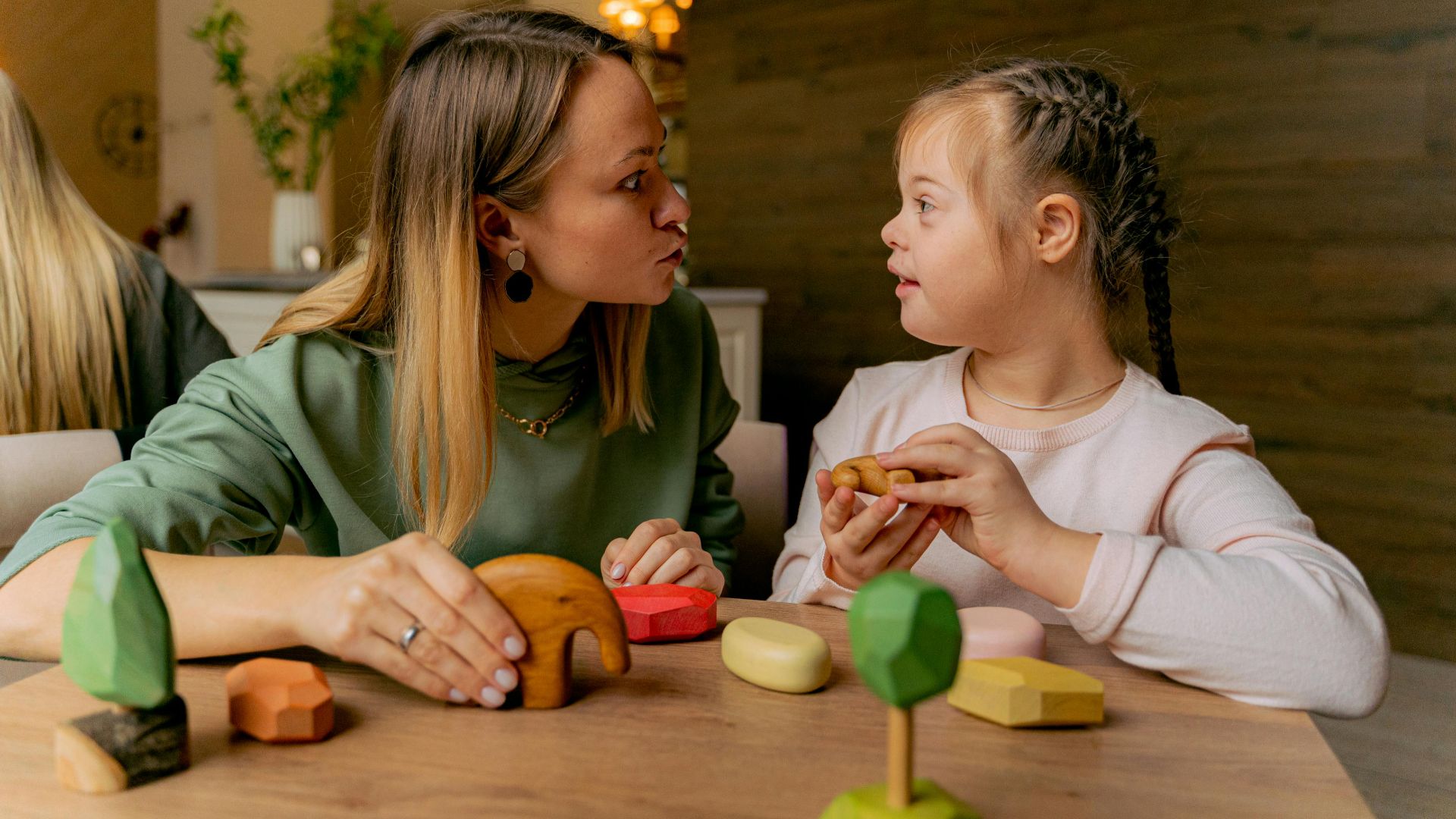 Antoni Shkraba Studio on Pexels
Antoni Shkraba Studio on Pexels
2. Encourage Healthy Risk-Taking
The magic happens outside your little one’s comfort zone. Children allowed to take age-appropriate risks develop a sense of capability that stays with them. Whether it's trying new food or joining a new club, these small, brave moments accumulate into lasting confidence.
3. Set Realistic Challenges
Tasks that stretch but don't overwhelm are a sweet spot for building confidence. Kids need to taste success while still feeling they've overcome something meaningful. Too easy, and there's no satisfaction; too hard, and frustration takes over. Finding that middle ground is essential.
4. Celebrate Mistakes As Learning Opportunities
"I messed up again!" could be the beginning of something beautiful. Teaching kids to accept errors rewires their relationship with imperfection. So, when your child spills milk while learning to pour, the cleanup becomes a chance to normalize mistakes as part of every success story.
5. Give Responsibilities That Matter
Taking on responsibility helps kids grow their skills and boosts their confidence. When they're given real tasks, such as feeding pets, setting the table, or looking after younger siblings, they start to feel important and capable. This sense of accomplishment overflows into other areas of life.
6. Create A Safe Space For Self-Expression
Kids thrive in spaces where they’re free to be themselves without fear. When their words and feelings are genuinely heard, it tells them they matter. Over time, this acceptance, through art, play, or talking, builds a deep-rooted confidence they carry into every relationship.
7. Teach Positive Self-Talk
"I can figure this out" becomes a self-fulfilling prophecy that builds confidence from within. The voice in a human's head shapes their reality, especially for children. Noticing when your child says "I can't" and helping them reframe to "I can't YET" plants seeds of resilience.
8. Model Confidence In Your Own Actions
Your relationship with mistakes and challenges teaches more than any lecture ever could. Kids are watching everything—how you handle criticism, approach difficult tasks, and speak about yourself. When they see you try something new without mastery, they learn that confidence is about being brave.
9. Develop Problem-Solving Skills
Even simple puzzles can spark powerful developmental progress. The confidence cascade begins with "I solved it myself!" When your little one comes to you with a problem, avoid the urge to fix it at once. First, ask questions like "What have you tried?" and “What might work?”
10. Nurture Their Unique Strengths
The child struggling with reading might have extraordinary spatial reasoning or interpersonal skills. Confidence blooms in diverse gardens. Pay attention to what lights your child up. Maybe they're not a math whiz, but they can remember every detail of a story. Celebrate these natural talents.
11. Balance Structure With Freedom
Too much structure stifles independence, while too little creates anxiety. Finding this delicate balance allows children to explore their capabilities while feeling secure. When kids understand the rules and why they exist, they gain the confidence to follow them and eventually set healthy boundaries.
12. Practice Public Speaking Early
Confidence blooms through small moments of storytelling. A child sharing a make-believe tale during dinner learns the joy of being heard. Encouraging these moments at home and school helps them speak clearly, connect with others, and feel sure of their voice.
13. Establish Consistent Routines
Security forms the bedrock of confidence. Children thrive on predictability, knowing what comes next in their day. This structure crafts a safe foundation from which they can explore. Consistent routines around bedtime, meals, and transitions provide children with the stability they need to venture into new experiences.
14. Promote Healthy Competition
Learning to both win graciously and lose with dignity teaches children emotional regulation that translates to life's challenges. When competition focuses on personal improvement rather than defeating others, they develop healthy perspectives on success. This extends far beyond sports into academics and relationships.
15. Teach Constructive Feedback Skills
Being able to say, “Here’s what works,” or, “This could be better,” takes practice—but it’s essential. Kids who learn to handle feedback early gain a key edge in communication. This makes them confident contributors, not fragile egos, in both group projects and real life.
16. Let Them Struggle Before You Step In
Confidence grows when kids realize they can figure things out on their own. Avoid stepping in immediately when they get frustrated. Give them space to wrestle with challenges—tying shoes, building blocks, solving arguments—and watch them glow once they succeed independently.
17. Create Technology-Free Zones
Face-to-face interactions build confidence in ways screens cannot. Designated times and spaces without digital distractions allow for deeper family connections and creative play. Children gain stronger social skills and self-reliance when they regularly engage in activities that don't involve immediate digital gratification.
18. Develop Financial Literacy Early
Money lessons should start small but mean big things. Give kids chances to save, spend, and give thoughtfully. These habits help them think ahead and understand value. Handling money builds confidence, not just in finances, but in their ability to make smart choices overall.
19. Teach Body Positivity And Self-Acceptance
Bodies come in endless varieties—each one valuable and worthy. Children absorb messages about physical appearance from surprisingly early ages. Remember to focus on what bodies can do rather than how they look. Movement, strength, and health become the metrics that matter.
20. Foster Healthy Conflict Resolution
Disagreements help kids grow if they’re shown how. Guide them to speak clearly, hear others fully, and work toward fairness. Each time they stay kind under pressure, they discover strength inside. Healthy conflict becomes a quiet teacher, helping them trust themselves in everyday situations.



